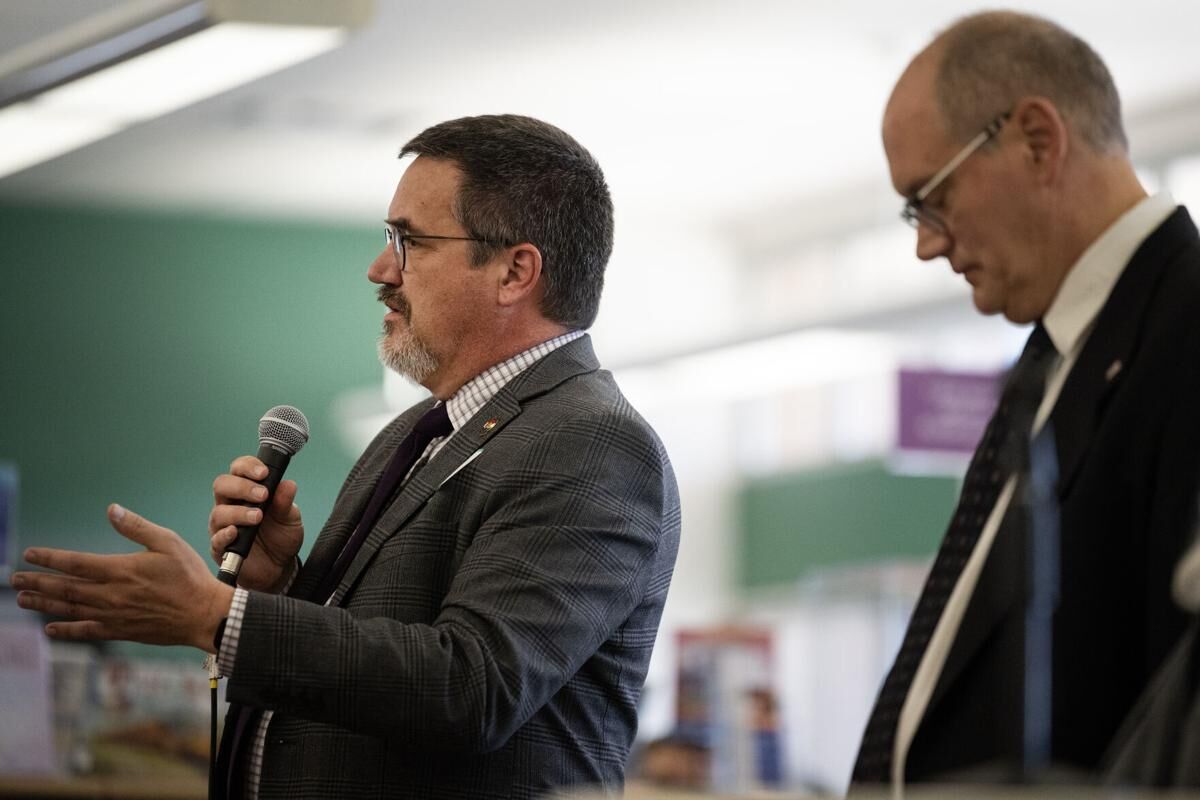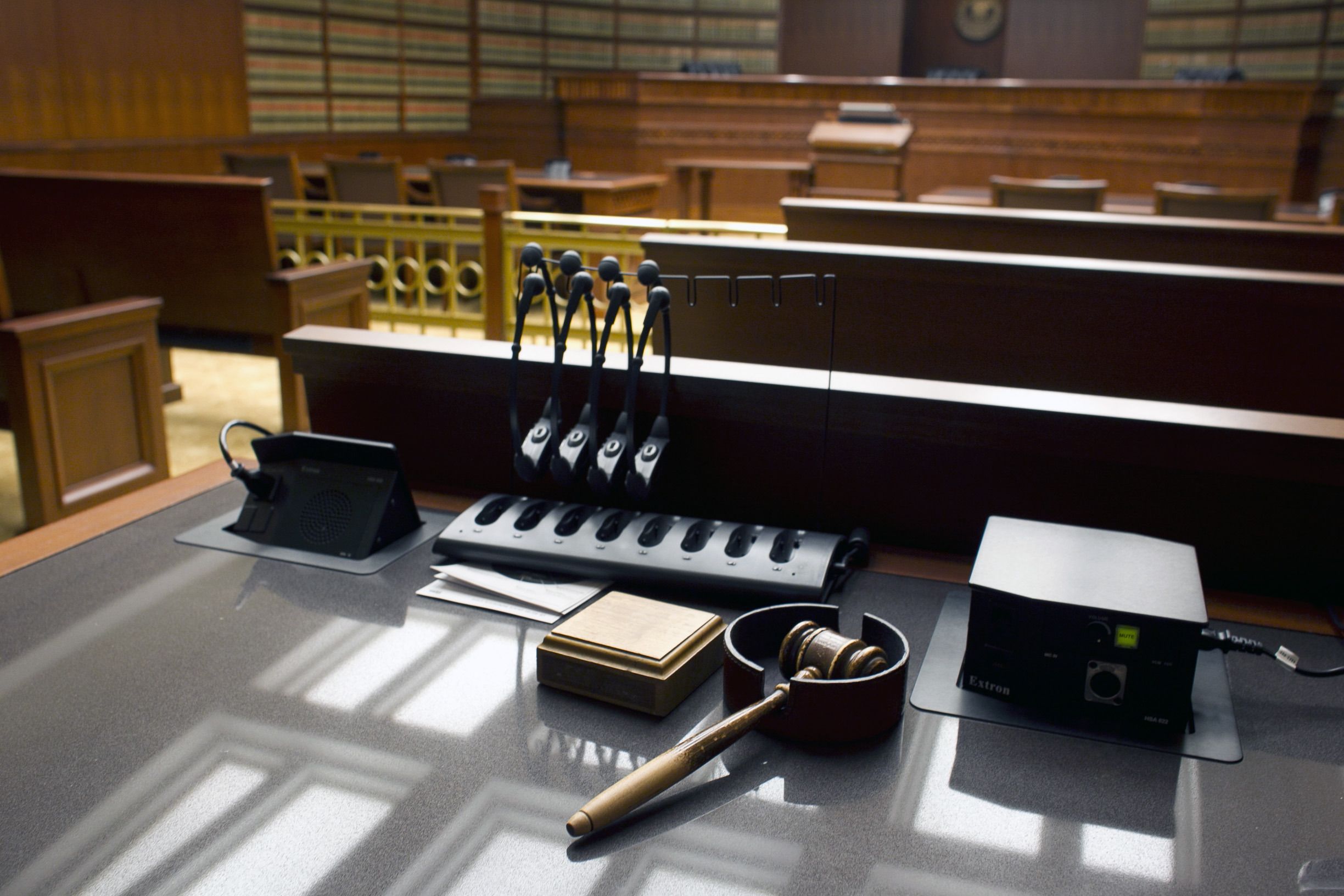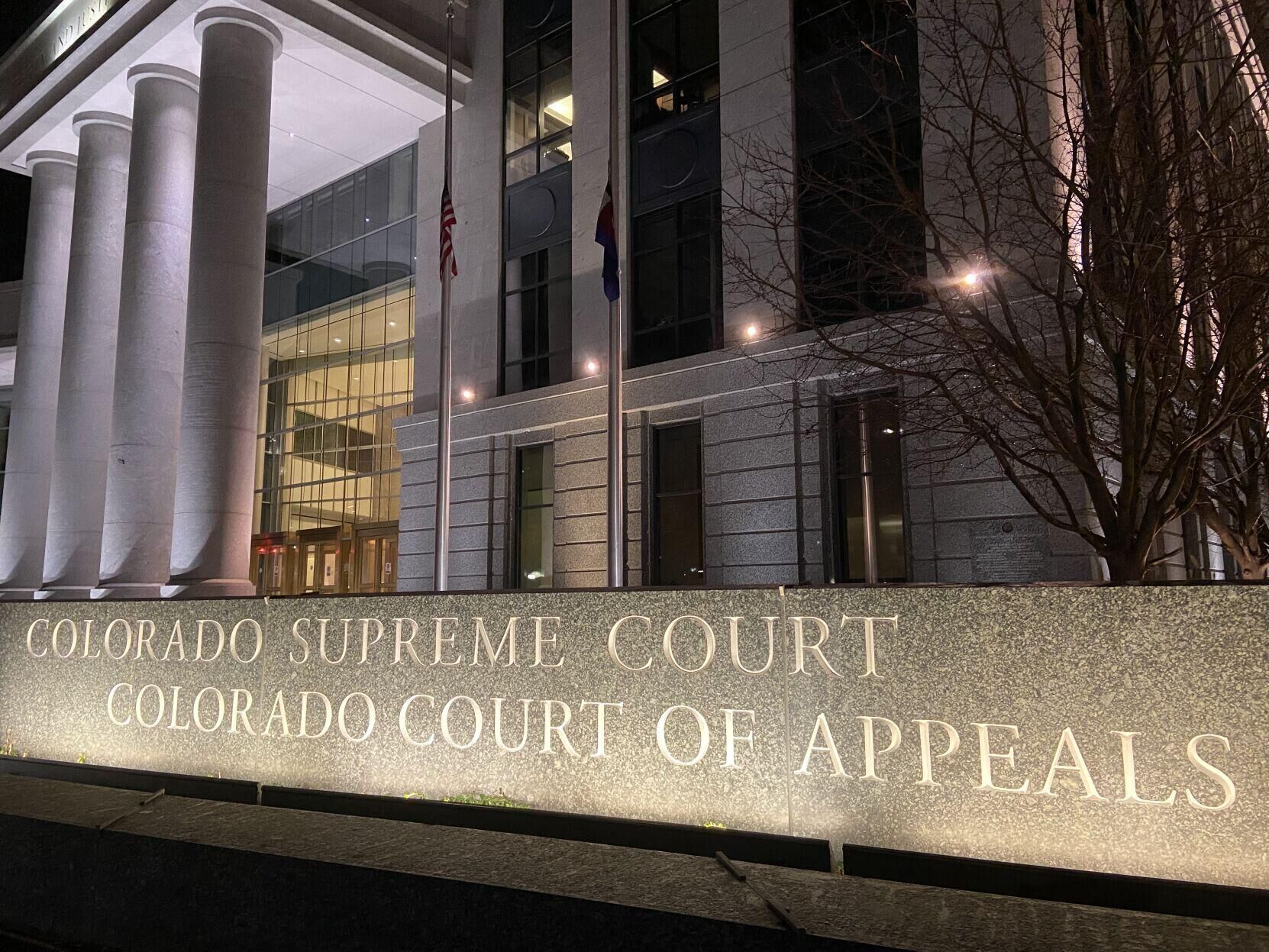Appeals court agrees Lochbuie cannot challenge alleged lack of services from library district

Colorado’s second-highest court concluded last week that the town of Lochbuie cannot challenge the alleged lack of services its residents are receiving from a Weld County library district that has been in existence for four decades.
However, a three-judge Court of Appeals panel rejected a trial judge’s decision to impose attorney fees on Lochbuie for pursuing a frivolous case. In the panel’s reading, District Court Judge Todd Taylor misunderstood what Lochbuie was arguing and penalized the town for things it did not say.
“In our view, the district court’s determination that Lochbuie’s claims were substantially frivolous and vexatious was fundamentally flawed because of its incorrect and overly simplified view of the claims,” wrote Judge Ted C. Tow III in the Sept. 30 opinion. “Because it was based on such a demonstrably incorrect view of the claims, the court’s order is manifestly unfair and unreasonable.”
Case: Town of Lochbuie v. Town of Hudson
Decided: September 30, 2025
Jurisdiction: Weld County
Ruling: 3-0
Judges: Ted C. Tow III (author)
David H. Yun
Grant T. Sullivan
In 1981, the town of Hudson established a municipal library. Four years later, Weld County created the now-High Plains Library District to provide county-wide library services. As part of the project, the district entered into an intergovernmental agreement with Hudson. The town would receive tax dollars from the district, but would have to provide services to an expanded area overlapping with School District Re-3J.
Lochbuie and Keenesburg were included within that expanded area. The intergovernmental agreement was renewed repeatedly, most recently in 2023.
That same year, Lochbuie sued. It argued it was roughly five times more populous than the other two municipalities in the service area, yet it did not have a library. Hudson had only provided “an occasional bookmobile visit.” Although Hudson allegedly had adequate funds to enhance library services to Lochbuie, it did not.
“Hudson has received a substantially unjust windfall,” wrote the town’s lawyers, seeking to invalidate the agreement between Hudson and the broader library district or, alternatively, for a judge to order adequate library services and a “reasonably accessible library facility” in Lochbuie.

In a series of orders, Taylor sided against the town. He deemed it “contradictory” for Lochbuie to seek to invalidate the agreement, while also wanting its own library under the agreement.
“The premise of Lochbuie’s claims — that either Hudson or High Plains has the legal duty to build and maintain a public library within Lochbuie’s territorial boundaries — finds no support in Colorado’s library law or the written instruments referred to in Lochbuie’s amended complaint,” he wrote in April 2024.
After Lochbuie asked him to reconsider, Taylor became irate at the town for creating “more confusion” and injecting “new legal theories.”
“If Lochbuie is not seeking removal from High Plains, then why did it include a claim to have the instrument that included Lochbuie in High Plains to be declared invalid and unenforceable?” he wrote in August 2024.
Finally, Taylor ordered Lochbuie to pay $21,157.75 to the library district for bringing a largely frivolous case. In his view, Lochbuie simply wanted the courts to order a library be built in the town.
“Lochbuie’s legal strategy was aimed at pressuring Hudson and High Plains to make concessions that neither has a duty to make under the law,” he wrote. “The court can only conclude that the desire to force High Plains to renegotiate its position and to secure a library for Lochbuie without Lochbuie having to fund its construction and maintenance, blinded counsel’s better judgment.”

During oral arguments to the Court of Appeals panel in August, Tow aired his concerns about Taylor’s narrative of the lawsuit.
“What are we to do with the fact that, as I read it, Judge Taylor misrepresented the claims in his rulings? I never see anywhere in the pleadings that Lochbuie wanted to blow up the library district itself or get out of the library district itself — the High Plains, not the Hudson,” he said. “And yet, that’s repeatedly pointed to …. It’s almost like Judge Taylor dismissed a claim that wasn’t brought, and then allowed his frustration with that claim, or with what he saw as inconsistency with that claim, to taint how he looked at every other aspect of this case.”
Ultimately, the panel agreed with the outcome dismissing Lochbuie’s claims. The only issue on appeal was whether Lochbuie, who was not a signatory to the Hudson-High Plains intergovernmental agreement, could challenge the provision of services. In reality, wrote Tow, the agreement was intended to directly benefit the residents of Weld County, not individual municipalities. Therefore, the town was unable to mount its own challenge.
However, the panel reversed Taylor’s order imposing attorney fees. Tow wrote that some of Taylor’s assertions were unsupported and his “frustration was of (his) own making.”
“Ultimately, the court oversimplified Lochbuie’s purported goal in the litigation, reducing it to what it perceived as an effort to acquire a physical library,” Tow explained. “While Lochbuie sometimes expressed its goals as obtaining library facilities within its borders, the gist of the overall claim, again, was that it is not receiving ‘customary public library services.'”
The case is Town of Lochbuie et al. v. Town of Hudson et al.












